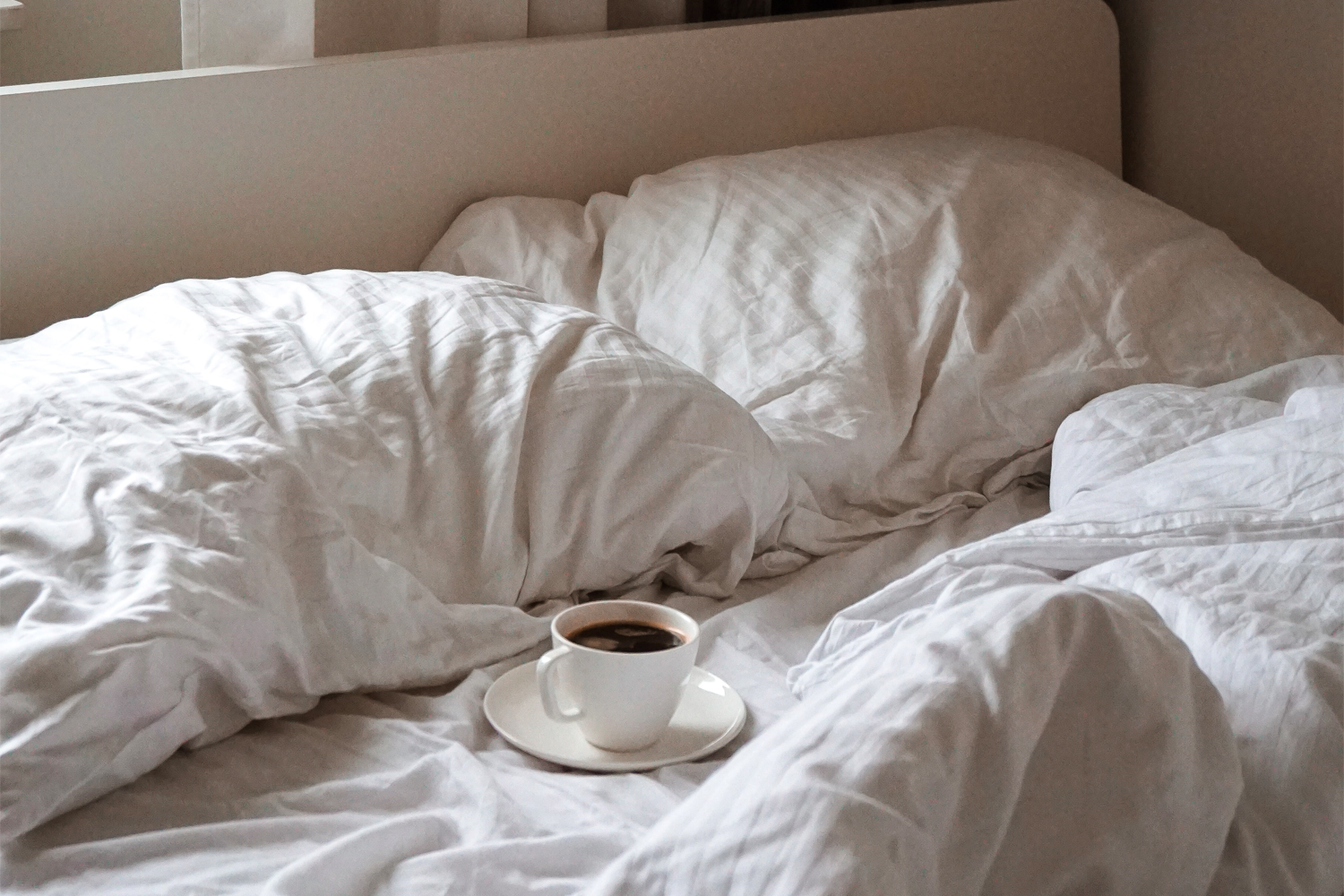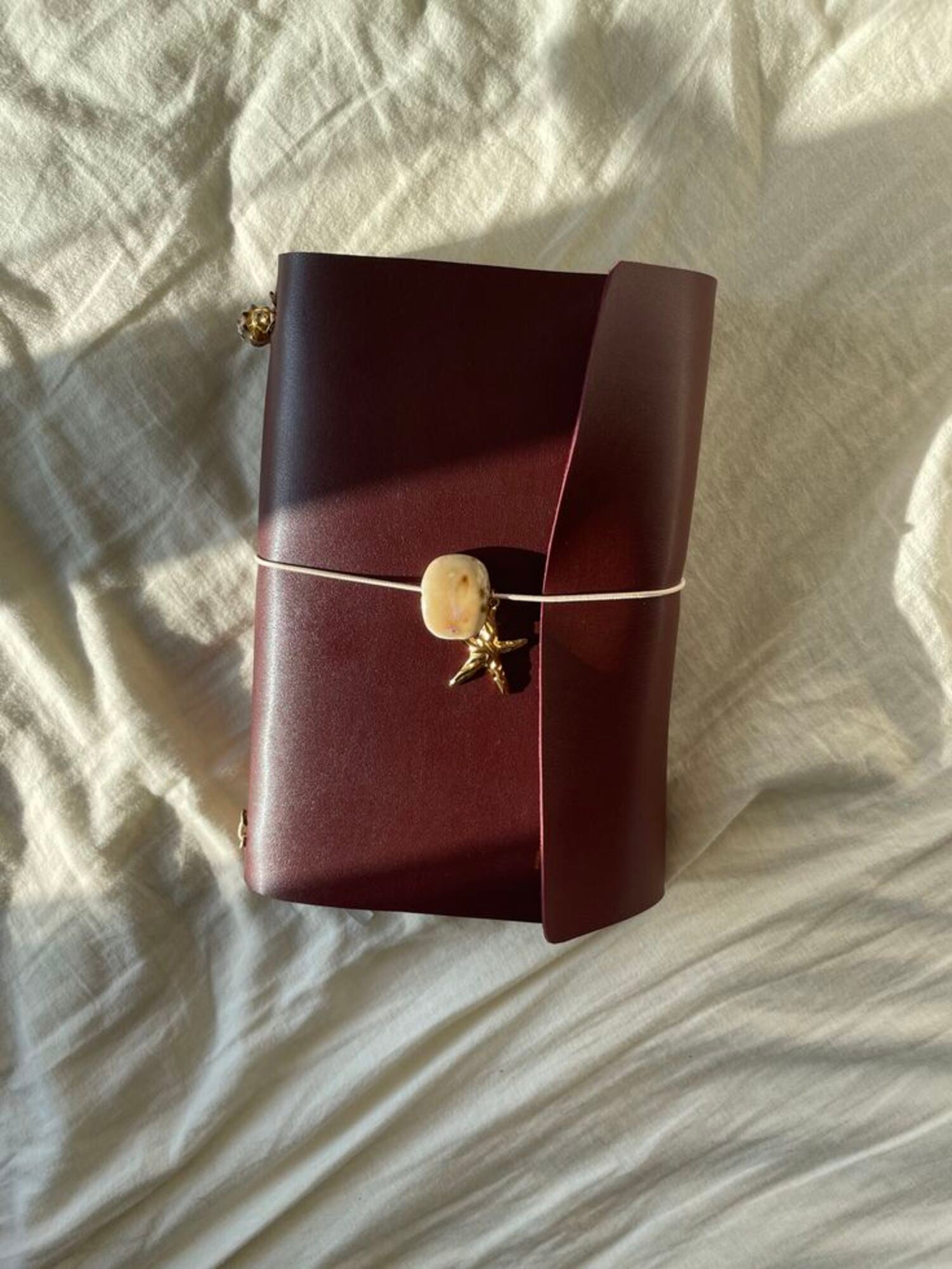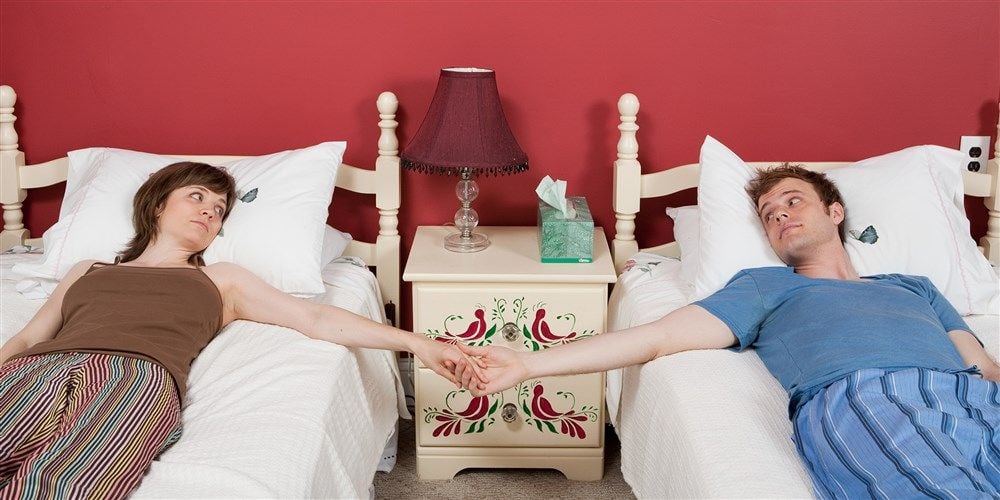
Sleep: How to Get Back on Track After Vacation?
This publication is also available in: Français
English (UK)
Deutsch
Italiano
Español
For many, vacations offer a true interlude where disconnection and relaxation fill the summer days. But they are never eternal. As the return approaches, a host of challenges is never far away, with one of the most common being: getting back into the rhythm after vacation.
After weeks of relaxation and escape, it is not uncommon to find oneself out of sync, tired, and sometimes disoriented. Sleep, a fundamental pillar of our well-being, can suffer, thus disrupting our daily routine.
So, how can we reconnect with a healthy sleep rhythm and regain the energy needed to approach our return to work or university with complete serenity?
In this article, we will explore practical tips to optimize the transition back to a regular rhythm after vacation. If you’re planning to prepare for the return, don’t miss what’s coming next.
Respect a gradual transition
After a well-deserved vacation, it is tempting to prolong relaxation and irregular schedules. But to regain a regular sleep rhythm, it is important to make a gradual transition even before the end of the vacation.
The idea is to gradually adjust to usual schedules to avoid a harsh shock upon returning home. If possible, a few days before the end of the vacation, try to go to bed on an affordable convertible sofa and wake up a little earlier each day. For example, set your alarm 15 to 30 minutes earlier each morning to help your body gradually adapt to a more regular schedule.
By proceeding gradually, you will avoid the consequences of a sudden change that could disrupt your sleep and energy for the following days.
Manage light to regulate your internal clock
Light plays a crucial role in regulating our biological clock and has a significant impact on our sleep.
Upon returning home, expose yourself to natural light as much as possible during the day. This helps to reset your internal clock and promotes adequate synchronization with the day-night cycles.
Conversely, in the evening, it is essential to reduce your exposure to artificial light from screens. The blue light emitted by these devices can disrupt melatonin production, a hormone that promotes sleep. It is advisable to turn off screens one hour before bedtime.
Establish a new routine to regain good sleep
A regular and relaxing routine will send signals to your body that it’s time to prepare for sleep, which will facilitate falling asleep and improve the quality of your sleep.
You can create a sleep-friendly atmosphere in your bedroom by keeping it calm, comfortable, and well-ventilated. Turn off bright lights and create a relaxed atmosphere with dim lighting.
Also engage in relaxing activities, such as routines that will help you find sleep. You can read a book, take a warm bath, meditate, or listen to soft music. Avoid stimulating or stressful activities, such as working on the computer or watching television.


Nutrition, a key element to regain rhythm after vacation
Nutrition and sleep go hand in hand, provided both are balanced. In other words, good eating habits promote restorative sleep. And we know that vacations are often an excuse to eat without restriction.
So, here are some tips to get back to the basics of a balanced diet:
- Avoid heavy meals before bedtime,
- limit caffeine and alcohol consumption,
- Favor foods rich in tryptophan such as nuts, seeds, fish, poultry, dairy products, etc.
- Stay well hydrated.
Featured image: © Unsplash



